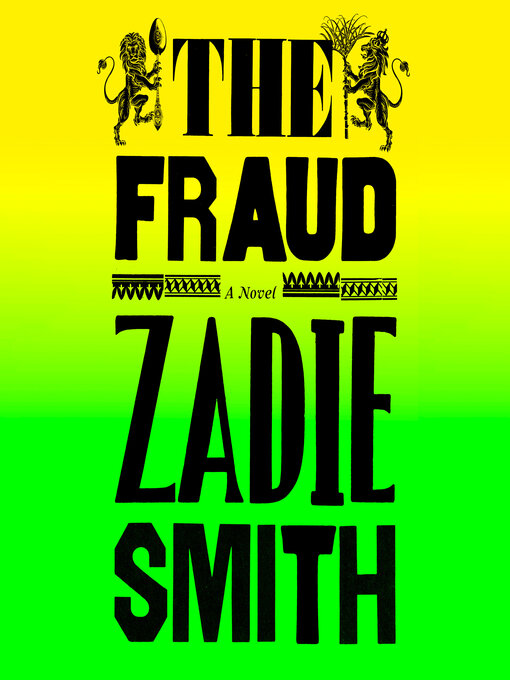- Political Biographies and Memoirs
- Entertainment Biographies and Memoirs
- Cultural and Religious Biographies and Memoirs
- See all biography & memoir collections
- Careers
- Study Aids & Workbooks
- Language Arts & Writing
- Personal Finance
- Student Success
- See all student resources collections

